39 is country of origin required on labels
Japan | Postal Explorer - USPS General Conditions for Mailing . See Publication 141, Global Express Guaranteed Service Guide, for information about areas served in the destination country, allowable contents, packaging and labeling requirements, tracking and tracing, service standards, and other conditions for mailing. Size Limits (). The surface area of the address side of the item to be mailed must be large … Must ground beef have a country of origin label? - USDA Knowledge Article. Muscle cuts and ground beef and pork items are no longer subject to country of origin labeling (COOL) requirements . In December 2015, Congress rescinded beef, pork, ground beef and ground pork from mandatory COOL requirements. United States Department of Agriculture's (USDA's) Agricultural Marketing Service (AMS) published ...
Country of Origin Marking Requirements | PackagingLaw.com Under the Tariff Act of 1930, every article of foreign origin (or its container) imported into the U.S., unless exempted, must be marked in a manner that will indicate to the ultimate purchaser the article's country of origin. For example, goods originating in China must be marked, "Made in China" or "Product of China."

Is country of origin required on labels
Label your products | business.gov.au 16.9.2021 · If your business supplies products, you must make sure they have labels with certain information for consumers. Depending on your products, you may have to meet labelling requirements for: the country the products came from; food information; product measurements; the business's name and address Origin labelling - Language selection | Food Safety Indication of the country of origin or place of provenance shall be mandatory where failure to indicate this might mislead the consumer as to the true. Export Requirements by Country and Jurisdiction (A-F) - NOAA Registration of labels may be required prior to exportation to Costa Rica. Tolerances and Guidelines - None specified. Cuba. Acts and Regulations. Labeling & Marking Standards: Name of the country of origin, names and addresses of the manufacturer or exporter, and the Cuban importer must be shown on the package.
Is country of origin required on labels. The long, tangled story behind country-of-origin labels For example, country-of-origin labeling is required on food products including the muscle cuts of lamb and chicken, wild and farm-raised fish, and fresh and frozen fruits and vegetables, according ... What Are Country of Origin Labeling Requirements? - Flexport U.S. Customs requires that products be labeled with their country of origin. Learn more about these guidelines and the penalties for not following the rules. Country of Origin Labeling (COOL) | Agricultural Marketing Service Country of Origin Labeling (COOL) is a labeling law that requires retailers, such as full-line grocery stores, supermarkets and club warehouse stores, to notify their customers with information regarding the source of certain foods. Food products covered by the law include muscle cut and ground meats: ... The Importance of Food Labels | Requirements for Packaging Sep 07, 2018 · Your pre-packaged food must include the following on its labels: The name of the food. This must be a true representation of your product and must not be false or misleading. A list of ingredients. You must use ‘Ingredients’ as the heading and list the ingredients used to make the product in descending order of weight.
Country of Origin Labeling of Agricultural Products Items that are imported in consumer-ready packages also are required to be labeled with country of origin information. Country of Origin Labeling Qualifications. To be considered a product of the United States, beef (including veal), pork, lamb, chicken, and goat must be derived from animals that meet these criteria: Country of Origin Labeling - an overview | ScienceDirect Topics In the United States, country of origin labeling has been mandatory since 2013 for certain meat products (beef, pork, lamb, chicken, goat meat), wild and farm- ... Country of Origin Labeling (COOL): An Overview The Tariff Act of 1930, 19 U.S.C. §§ 1202-1681b, has historically required nearly every item imported into the United States to disclose the item's country of ... What Is Country of Origin Labeling? An Overview According to U.S. Customs and Border Protection (CBP), every article of foreign origin entering the U.S. must be legibly marked with the English name of the country of origin, unless an exception from marking is provided in the law. The country of origin is defined as the country of manufacture, production or growth of an article.
Food labelling and packaging: Food labelling - GOV.UK Food from and sold in Great Britain can be labelled as ‘origin EU’ until 31 December 2023. Check the rules for when to label meat, fish and shellfish with their country of origin . Origin Labeling Requirements for Imported Commodities Passed On June 8, 2021, the Senate passed the United States Innovation and Competition Act of 2021 which included the proposed country of origin labeling COOL requirements in Section 2510 of the Act. Ship Orders To Customers For Less | Shopify Shipping Buy and print shipping labels in Shopify so you can prepare packages in advance and skip the line at the post office. Manage in one place Simplify your day-to-day and fulfill orders from the same place you manage products, customers, and inventory. Music Row Nashville Information Guide - Old Town Trolley Tours As a result, Music Row is synonymous with the country music industry just as Madison Avenue is used to refer to the advertising industry and Hollywood means movies and television. Many of the offices are housed in the neighborhood’s beautiful old 19th-century homes and mid-20th-century office buildings.
eCFR :: 19 CFR Part 134 -- Country of Origin Marking § 134.0 Scope. This part sets forth regulations implementing the country of origin marking requirements and exceptions of section 304 of the Tariff Act of 1930, as amended (19 U.S.C. 1304), together with certain marking provisions of the Harmonized Tariff Schedule of the United States (19 U.S.C. 1202).The consequences and procedures to be followed when articles are …
Mandatory country-of-origin labeling (US) - Wikipedia Country of origin labeling (COOL) (or mCOOL [ m for mandatory]) is a requirement signed into American law under Title X of the Farm Security and Rural Investment Act of 2002 (also known as the 2002 Farm Bill), codified at 7 U.S.C. § 1638a as Notice of country of origin.
Marking of Country of Origin on U.S. Imports Marking of Country of Origin on U.S. Imports Printer-friendly version Acceptable Terminology and Methods for Marking Every article of foreign origin entering the United States must be legibly marked with the English name of the country of origin unless an exception from marking is provided for in the law.
CPG Sec. 560.200 Country of Origin Labeling - Food and Drug Administration CPG Sec. 560.200 Country of Origin Labeling BACKGROUND: A statement of the country of origin on the labeling of imported foods is not required by the Federal Food, Drug, & Cosmetic Act. This is a...
Compliance FAQs: Packaging and Labeling in the US | NIST title 19, united states code, chapter 4, section 1304 and 19 cfr 134, country of origin marking regulations require that every article of foreign origin (or its container) imported into the u.s. be marked in a conspicuous place as legibly, indelibly, and permanently as the nature of the article (or container) will permit, and in such a manner as …
Country of origin - Wikipedia The requirements for Country of Origin markings are complicated by the various designations which may be required such as "Made in X", "Product of X", "Manufactured in X" etc. ... The 2010 Fur Products Labeling Act requires the country of origin of imported furs to be disclosed on all labels and in all advertising.
Country of Origin Requirements in the United States Country of origin rules generally requires that the manufacturing country of origin is permanently labeled on the product and its packaging. However, this is different when it comes to watches. The origin of wristwatches is determined by the origin of the movement, rather than the country of watch assembly.
Country of Origin Labeling (COOL) Frequently Asked Questions Country of Origin Labeling (COOL) is a consumer labeling law that requires retailers (most grocery stores and supermarkets) to identify the country of origin on certain foods referred to as "covered commodities".
A Brief History and Overview of Country of Origin Labeling Requirements ... Country of Origin Labeling (COOL) laws and regulations require retailers to notify their customers of the country of origin of covered commodities, which include beef, veal, lamb, chicken, fish and shellfish, goat, pork, perishable agricultural commodities, macadamia nuts, pecans, ginseng, and peanuts. One might think that this is a simple matter, but as with most regulatory requirements ...
Country of origin | ACCC - Australian Competition and Consumer Commission Country of origin food labels. Most of the foods you buy need to display country of origin labels. Look out for these labels on food packages or in-store signage. Different labelling requirements apply depending on: whether the food is grown, produced, made or packed in Australia or another country
Garment Labelling Requirements for Clothing (Full Guide) Jan 13, 2019 · These labels must remain attached to the garment until it reaches the consumer, which means that this FTC-required information cannot be included on hang tags. If a garment has a neck, country of origin information must be located on the inside center of the neck, and other labels must be placed in easily noticed locations.
PDF COUNTRY OF ORIGIN LABELING - California name of the country of origin of the article. Country of origin marking is used to clearly indicate to the ultimate purchaser of a product where the product was made. The USDA, Agricultural Marketing Service (AMS) is responsible for enforcement of the Country of Origin Labeling (COOL) law which establishes labeling requirements for specific covered
U.S. Labeling Requirements for Textile and Apparel Products The U.S. Customs and Border Protection (CBP) and the Federal Trade Commission (FTC) enforce labeling laws and acts in the United States. In general, textile and apparel products sold in the United States must be labeled with the following information: the fiber content, the country of origin, the manufacturer or dealer identity, and the care instructions.
Country of Origin Marking - U.S. Customs and Border Protection Goods may be marked with the country of origin in English, Spanish or French, except that Canada, Mexico and the United States may, as part of their general consumer information measures, require that an imported good be marked with its country of origin in the same manner as prescribed for domestic goods.
Export Requirements by Country and Jurisdiction (A-F) - NOAA Registration of labels may be required prior to exportation to Costa Rica. Tolerances and Guidelines - None specified. Cuba. Acts and Regulations. Labeling & Marking Standards: Name of the country of origin, names and addresses of the manufacturer or exporter, and the Cuban importer must be shown on the package.
Origin labelling - Language selection | Food Safety Indication of the country of origin or place of provenance shall be mandatory where failure to indicate this might mislead the consumer as to the true.
Label your products | business.gov.au 16.9.2021 · If your business supplies products, you must make sure they have labels with certain information for consumers. Depending on your products, you may have to meet labelling requirements for: the country the products came from; food information; product measurements; the business's name and address




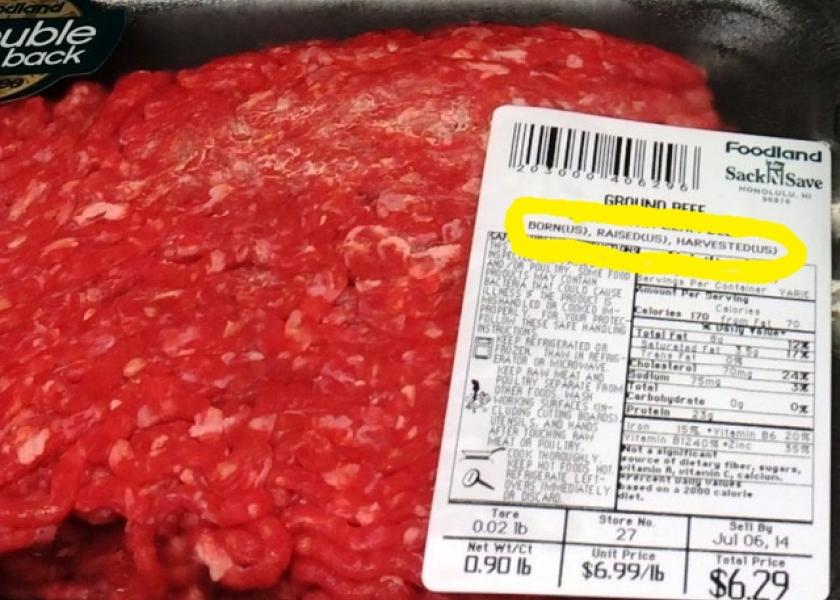


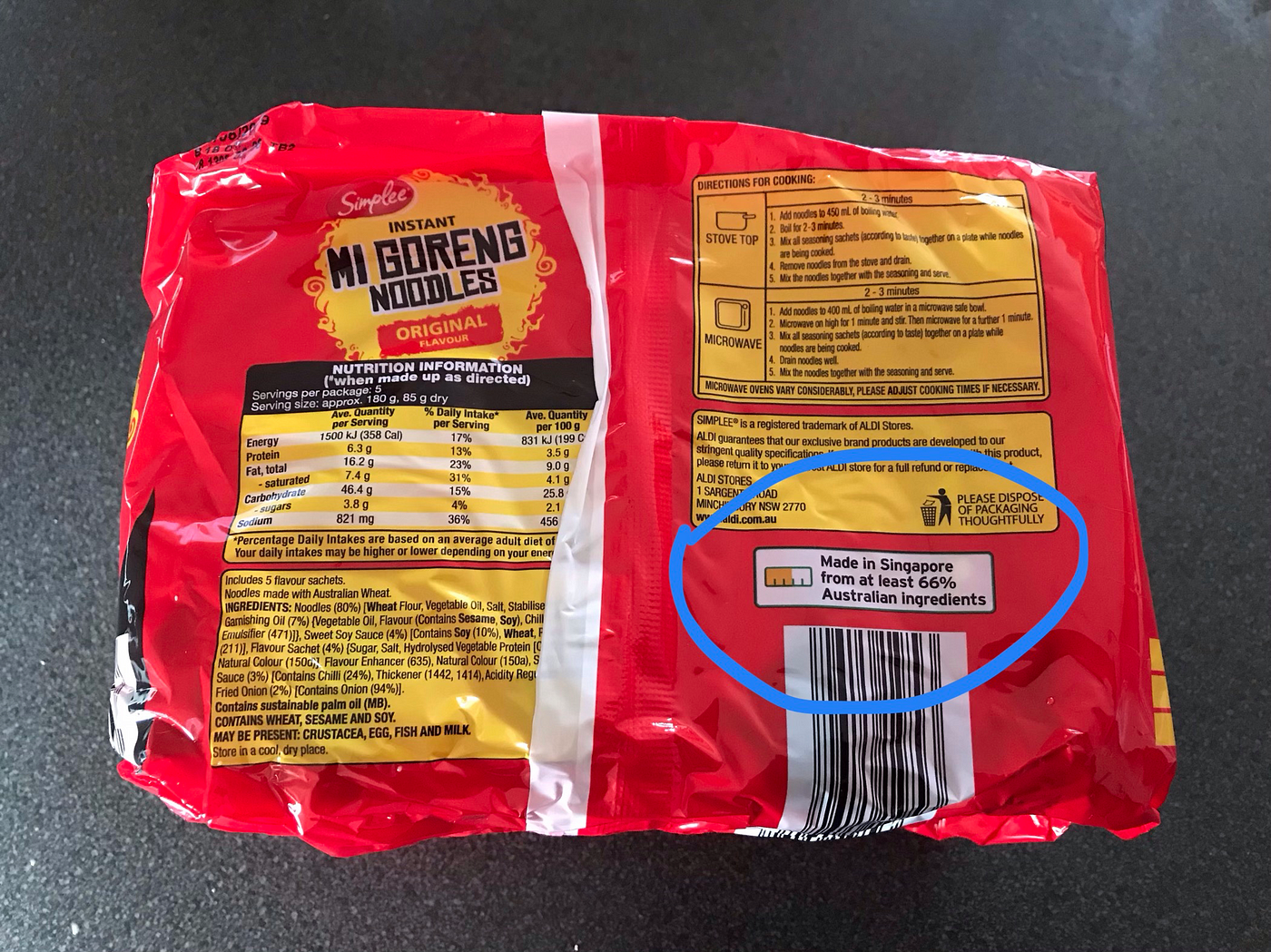



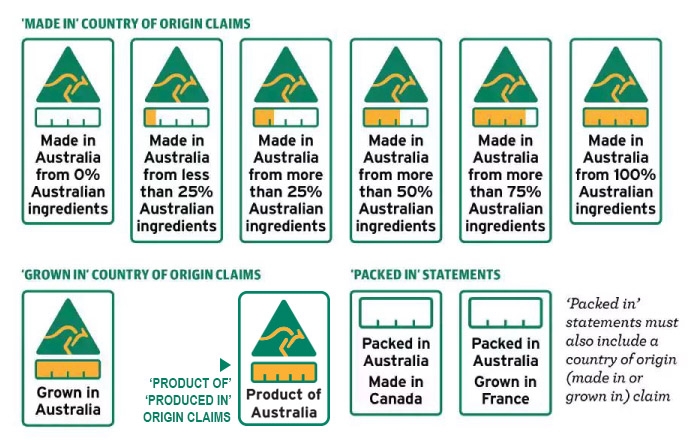
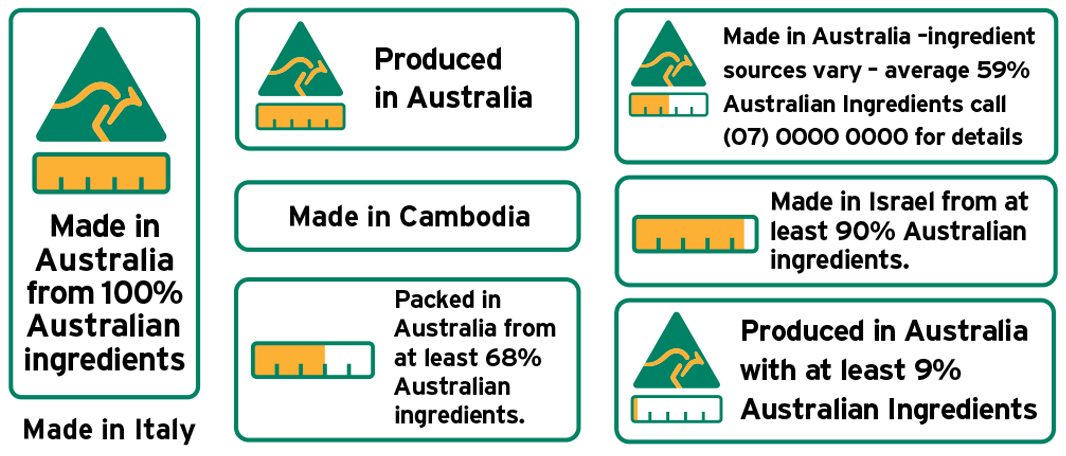
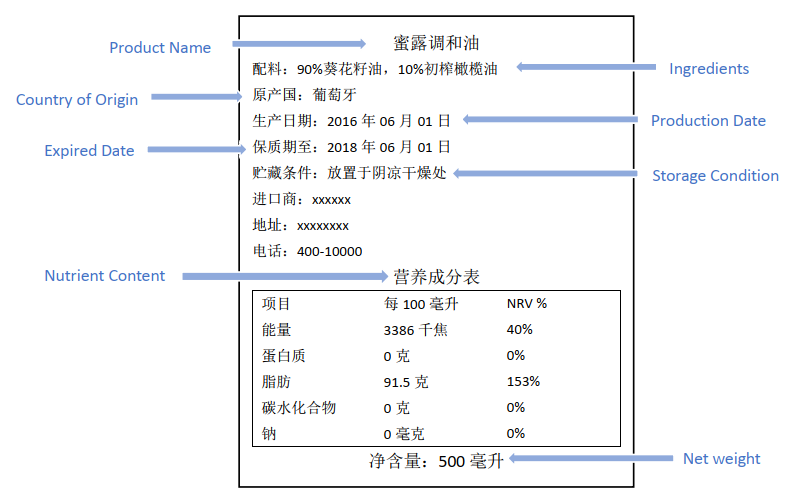



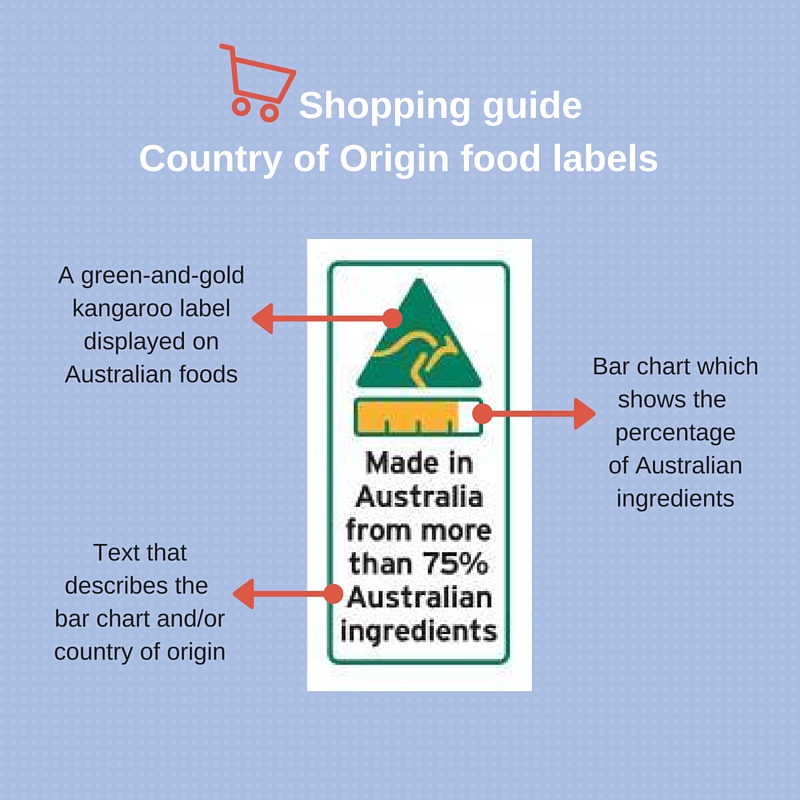
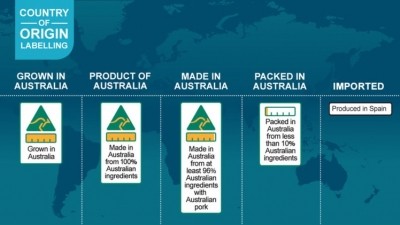

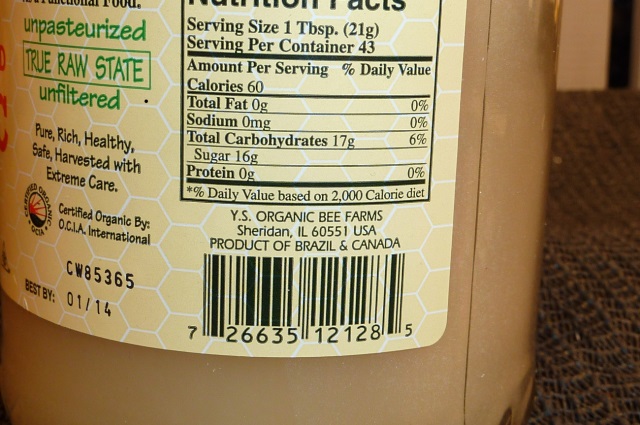
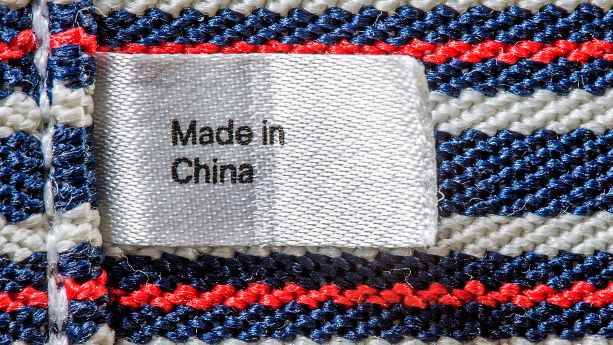



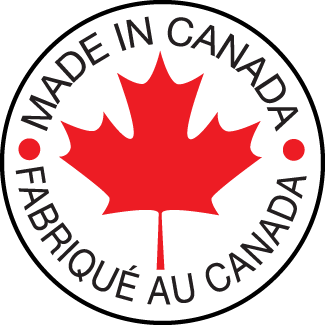


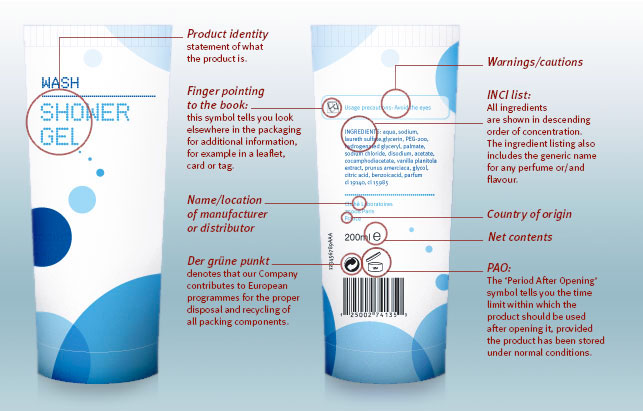
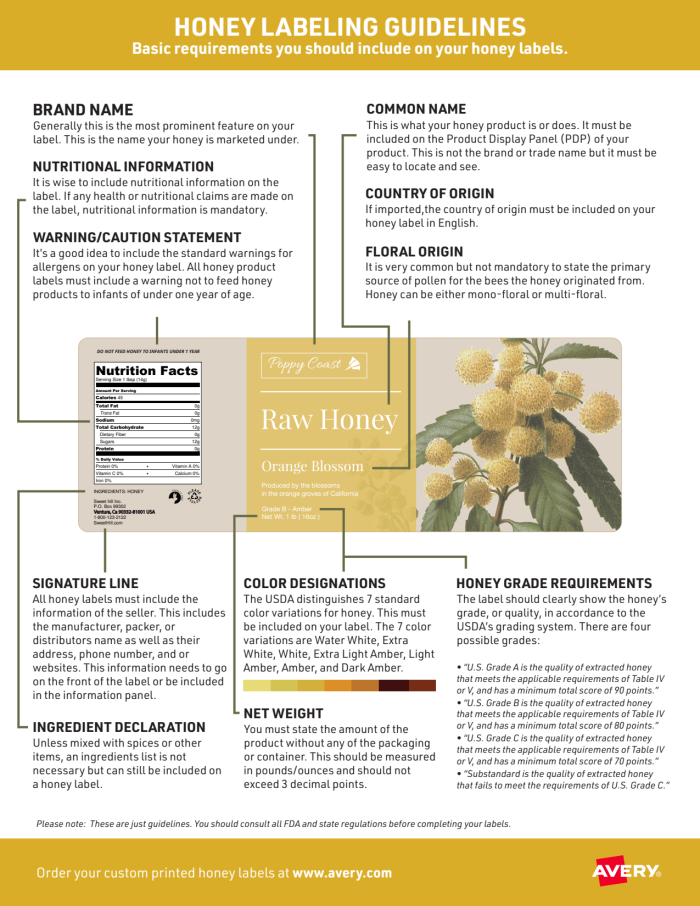
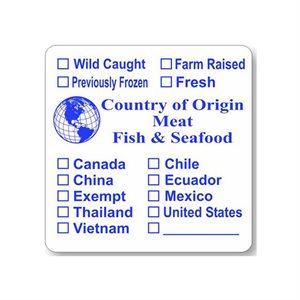


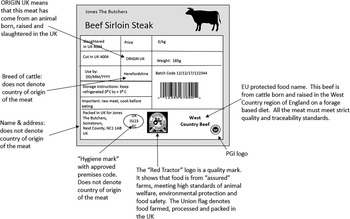
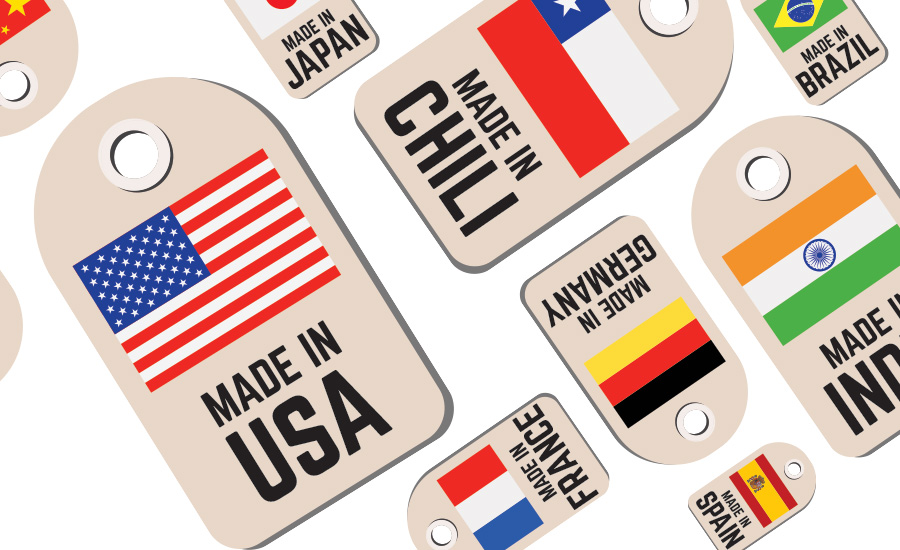


Post a Comment for "39 is country of origin required on labels"